Scientology and its languishing English property: Pitmaston House, Birmingham
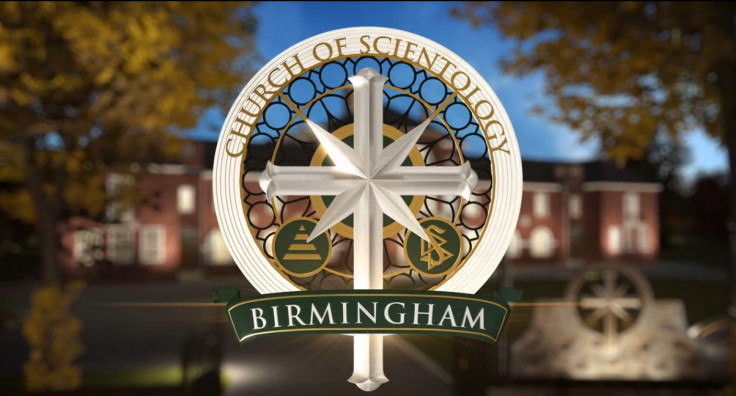
For years, the Church of Scientology has owned several grand and historic properties across England, purchased as part of a global expansion plan to build "Ideal Organisations" — religious centres — in new communities across the world. Critics of the church accuse it of being a "cult", which it strenuously denies, saying it is a legitimate religion.
In September 2007, a Scientology-linked company called Centrepoint Limited purchased the Pitmaston Estate in Moseley, Birmingham. The estate includes Pitmaston House, a listed former home to a wealthy family of local brewers, which later became the offices of the Ideal Benefit Society, an insurance firm.
The estate was carved up on the same day as its purchase by Centrepoint, of which David Bernard Gaiman, the former head of UK Scientology, was a director until his death in 2009. Some of the land was transferred to two companies registered on the Isle of Man, Woodview Properties Limited and Bridestowe Properties Limited. Documents from the Isle of Man companies registry show both firms listed Richard Edward Wilkins and Barbara Sharon Bradley, who share the same address in East Sussex, as directors.
The address is Walsh Manor in Crowborough, home to a Church of Scientology school, according to education regulator Ofsted. Until February 2016, Wilkins was a director of the Church of Scientology Religious Education College Incorporated.
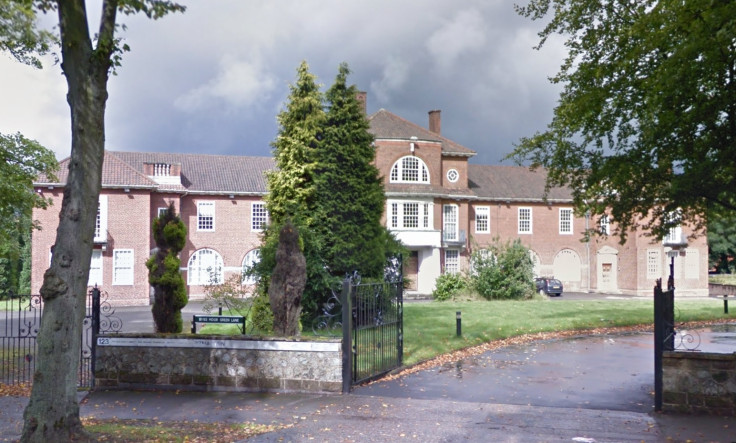
Some of the Pitmaston land was sold to a developer called Kingerlee, which has built houses on neighbouring land and is said to be interested in purchasing Pitmaston House. Kingerlee, which is not connected to Scientology, did not respond to an approach for comment.
Martin Mullaney is a former Liberal Democrat councillor for Moseley. In 2008, he posted to his blog details of Land Registry document WM916290, the Transfer of Title for the whole Pitmaston estate, including the original purchase price by Centrepoint of £7m ($10.2, €9.1m). Land Registry confirmed some details from that document over the phone, though IBTimes UK was not able to see the original. Mullaney did not respond to attempts to make contact by email and social media.
"Within hours, if not minutes, of this purchase by Centrepoint Limited, the entire estate was split into 4 plots and sold for £7.7m," wrote Mullaney, referring to the Transfer of Title document. Ownership of the rest of the land, worth almost £900,000, and the main Pitmaston House building worth £4.25m, has passed to the Australian arm of the church, the Church of Scientology Religious Education College Incorporated, in 2009. The figures suggest Centrepoint made around £700,000 from the deals.
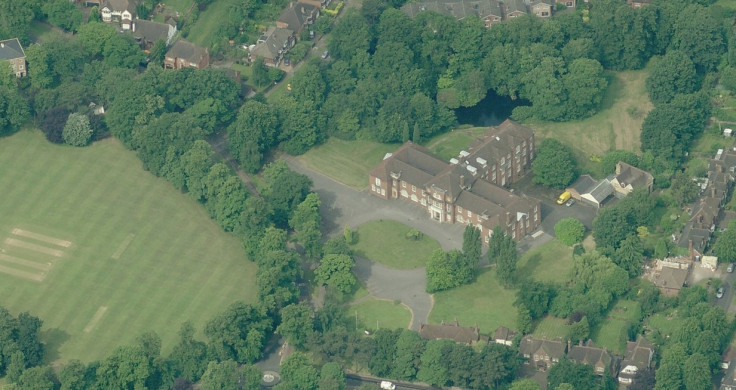
According to the annual return for Woodview Properties Limited, filed in 2008, the Isle of Man firm was indebted for an amount worth £2,728,000, suggesting some of the money from that sale may have flowed through it in loans. "Our accounts are audited by independent accountants in the normal way, and any taxes which are payable are paid," said Graeme Wilson, a spokesman for the Church of Scientology in the UK.
"The church in England enjoys a lot of support from the international church community, including financial support in the form of loans and gifts for major projects. This is wholly about advancing the religion of Scientology, it does not save any tax whatsoever."
The church did not submit a planning application for what it still owned at Pitmaston until 2013, after years of promising to spend as much as £6m in a significant restoration of the property. It was granted permission to convert the building into a religious centre. A promotional video boasted of a "progressive Georgian design", including marble arches, for the reception area.
But sources in the council planning department said no work had yet taken place, despite the original planning application expiring in mid-May 2016, though the church had been in regular contact with the council about Pitmaston. Roger Godsiff, Labour MP for the constituency in which Pitmaston House sits, said he is "not a fan of the Church of Scientology, which is essentially a money-making cult".
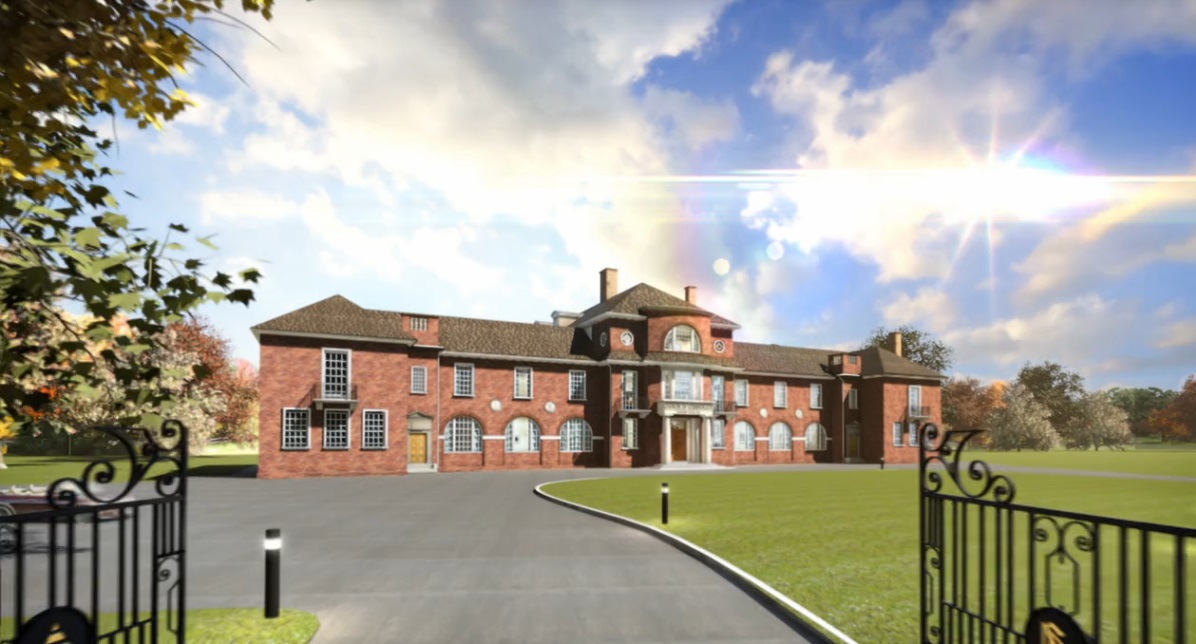






"This is a lovely building and part of Birmingham's heritage, and should not be allowed to go to rack and ruin," Godsiff said. "It is a shame for it to be standing empty rather than being used, ideally for something that would be beneficial for the local community.
"I would support a compulsory purchase order by the council, but due to the current spending squeeze I am not sure that the council would be able to afford the renovations required to bring the building into use. I would therefore be happy to see a local trust take over the building, and possibly seek Lottery funding in order to bring it back into use for Birmingham."
The creation of really wonderful places of worship requires a lot of effort and wherewithal.
The Church of Scientology denies it is a cult. It says it is a legitimate world religion and has been recognised as such by courts in the US, the UK and elsewhere.
A man called John Herring who had some knowledge of the Pitmaston project would go along to local public meetings in Moseley, an attendee told IBTimes UK. He described himself to others as a Quaker with an interest in Scientology. But according to the Birmingham Church of Scientology's Facebook page, which posted a picture of him and was confirmed by an attendee of the meetings to be the same man, Herring is a "veteran Scientologist". He has achieved his "Operating Thetan" level 5, a set of grades that the higher up you reach, the greater your supposed enlightenment.
Herring would have snippets of information about the progress of the Scientologists' work to develop Pitmaston, which he divulged at the meetings. Several months ago, he was asked by frustrated locals for an update. Herring said the organisation was still fundraising for the project and has not been seen by the group since.
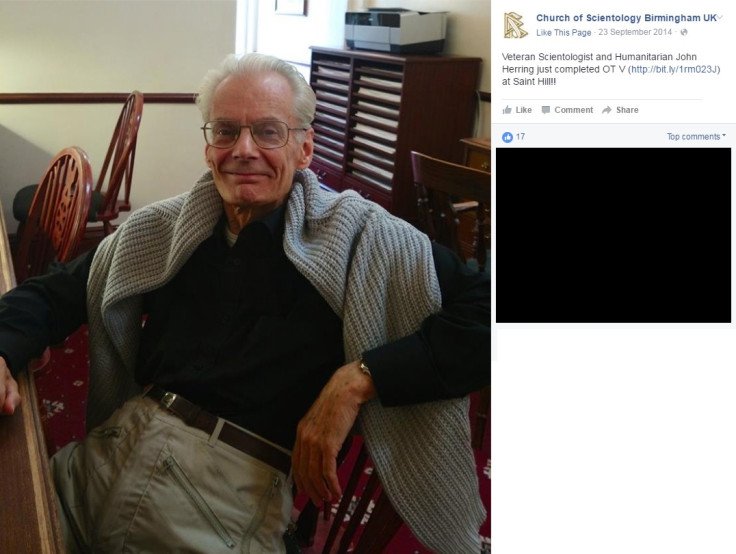
A council source said the Scientologists have asked to start using areas of the property that do not have listed protections. The source said there is an attempt to discharge certain conditions the Scientologists must meet to move in so they can use at least some parts of the building while work is carried out on the rest.
They expect to move in by June 2016, ending years of vacancy. On the night of 8 May, there was activity at Pitmaston, a local resident said, with curtains put up on the windows and lots of vehicles outside. Builders have also been spotted around the property.
"The Moseley Society will be glad to see the building back in use," said Fiona Adams, secretary of the local conservation group. "We would always have preferred that it stayed in office use, but that battle was lost a long time ago." She said the society was concerned work will soon stall again at Pitmaston. "We know that it's a very expensive building to renovate and so they need to raise a lot of money," she said.
"The creation of really wonderful places of worship requires a lot of effort and wherewithal," said Scientology's Wilson. "Our parishioners have been brilliant in being actively involved in purchasing buildings and fundraising for renovations. But the cost is great and takes time. We are nonetheless making great strides forward in England.
"We have just completed major phases in the refurbishment and expansion of the church at Saint Hill, East Grinstead – which has been the focus for the last little while. Next will be Pitmaston in Moseley, followed by the others as quickly as we reasonably can."
The building in Birmingham is one of several owned by the Church of Scientology and yet to be redeveloped after years. Others are the Duckworth's Essence Distillery in Trafford, the Windmill Hills Nursing Home in Gateshead, and the Royal Fleet Club in Plymouth.
© Copyright IBTimes 2025. All rights reserved.






















